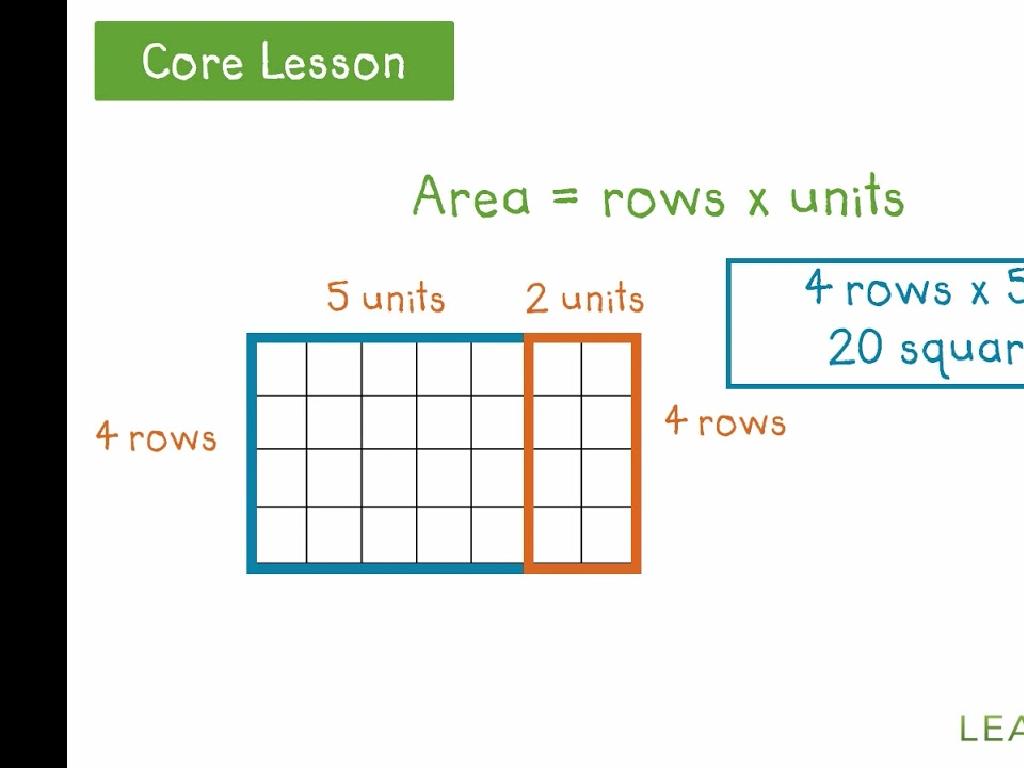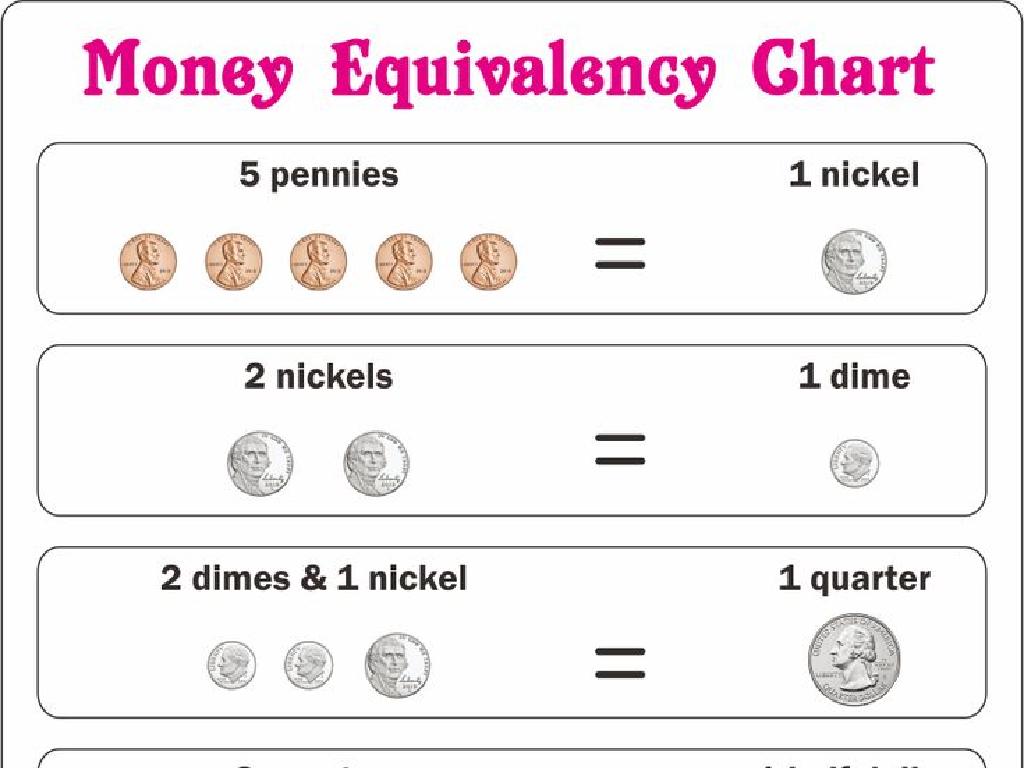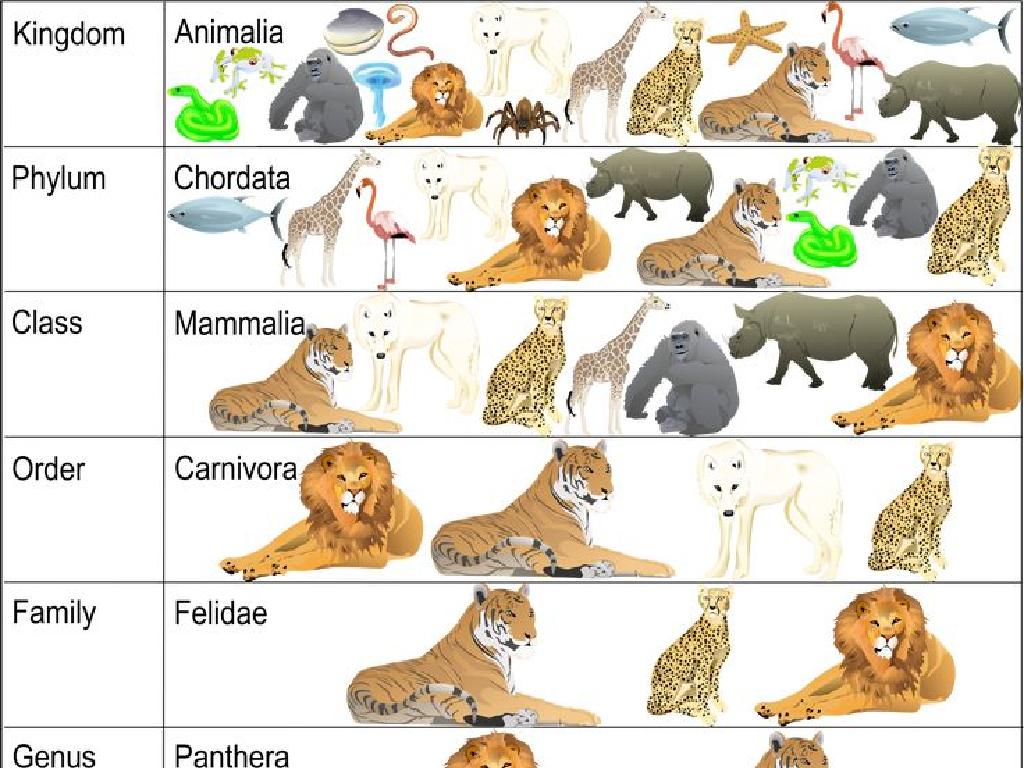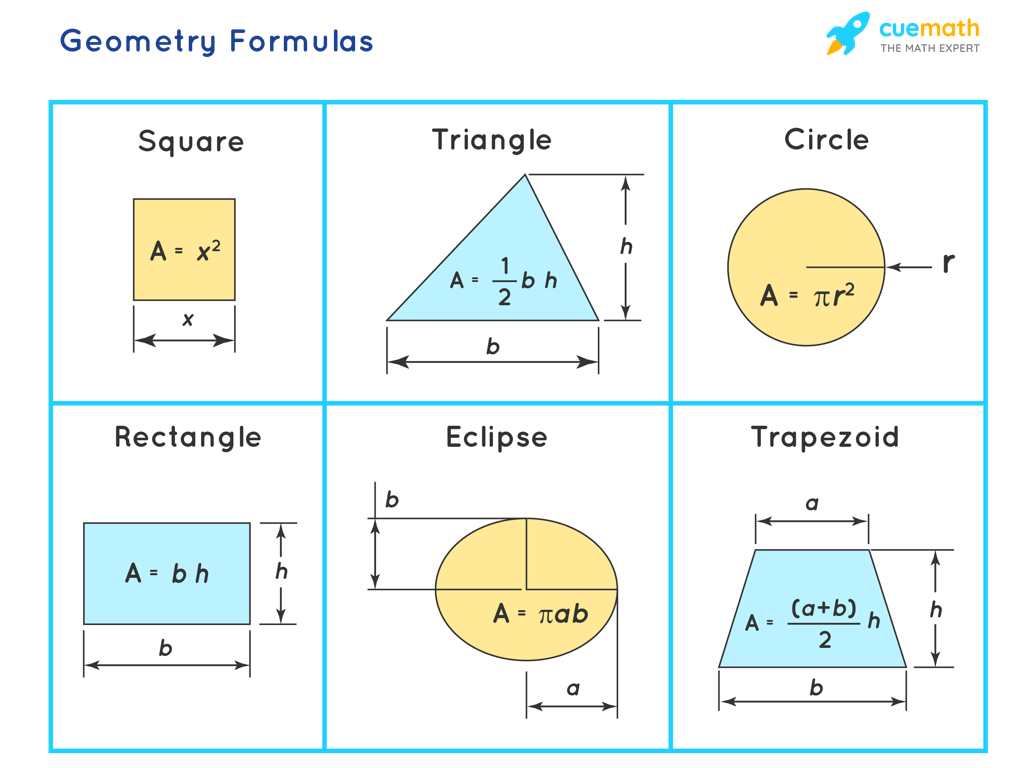Rights And Responsibilities Of Active Citizenship
Subject: Social studies
Grade: Sixth grade
Topic: Citizenship
Please LOG IN to download the presentation. Access is available to registered users only.
View More Content
Introduction to Citizenship
– What is a citizen?
– A member of a country with rights and duties
– Community and belonging
– Feeling part of a group, living together
– Rights of citizens
– Legal benefits like voting and free speech
– Responsibilities of citizens
– Duties like obeying laws and jury service
|
This slide introduces the concept of citizenship to sixth-grade social studies students. Begin by defining a citizen as someone who is legally recognized as a member of a country, with certain rights and duties. Discuss the idea of community and how belonging to a community can shape one’s identity and sense of responsibility. Highlight the importance of understanding both the rights one enjoys as a citizen, such as voting and freedom of speech, and the responsibilities one must uphold, such as obeying laws and participating in jury duty. Use this overview to set the stage for a deeper exploration of what it means to be an active and engaged citizen in today’s society.
Understanding Our Rights as Citizens
– Define citizen’s rights
– Rights are freedoms we have that are protected by our laws
– Examples: speech, privacy, education
– Freedom of speech allows us to express ourselves, privacy keeps our personal life safe, and education helps us grow
– Rights protected by laws
– Laws prevent others from infringing on our rights
– Constitution upholds our rights
– The Constitution is the supreme law ensuring our rights are respected
|
This slide aims to introduce students to the concept of rights within the framework of citizenship. Begin by defining rights as legally recognized privileges or entitlements that citizens have within a society. Use relatable examples such as the freedom of speech, the right to privacy, and the right to education to illustrate these abstract concepts. Discuss how these rights are safeguarded by various laws and ultimately by the Constitution, which acts as a guardian of these freedoms. Encourage students to think about how these rights impact their daily lives and the importance of respecting the rights of others.
Understanding Our Responsibilities
– Define responsibilities
– Responsibilities are duties we are expected to uphold.
– Examples: Voting, obeying laws
– Voting is key in democracy, obeying laws maintains order.
– Jury service as a responsibility
– Serving on a jury is crucial for a fair judicial process.
– Role in society’s function
– Responsibilities ensure active participation and societal stability.
|
This slide aims to help students grasp the concept of responsibilities within the context of active citizenship. Responsibilities are the duties or things that we should do, which are an essential part of being a member of society. Examples include participating in the democratic process through voting, adhering to the laws that govern us, and fulfilling civic duties like jury service. Emphasize that these responsibilities are crucial for the maintenance of a fair, orderly, and functioning society. Encourage students to think about other responsibilities they may have at home, school, or in their community and how these contribute to the common good.
Rights and Responsibilities in Action
– Daily impact of rights and responsibilities
– Rights protect us, responsibilities guide our actions in society.
– Balancing rights with responsibilities
– We must enjoy our rights but also respect others’ by fulfilling duties.
– Case study: Local community event
– Example: Volunteering in a community clean-up shows active citizenship.
|
This slide aims to illustrate the practical aspects of citizenship by exploring how rights and responsibilities play a role in everyday life. Emphasize that while rights are there to protect and empower us, responsibilities are the duties we have towards other people and the community. Discuss the importance of finding a balance between the two, ensuring that we do not take our rights for granted and neglect our duties. Use a case study of a local community event, such as a clean-up initiative, to show how citizens can actively participate and fulfill their responsibilities, thereby strengthening their community. Encourage students to think of ways they can contribute to their own communities.
Active Citizenship in Our Community
– Define active citizenship
– Active citizenship means participating in civic activities.
– Ways to be an active citizen
– Volunteer, stay informed, and vote in elections.
– Active citizenship’s societal impact
– It leads to a more engaged, responsible society.
– Encouraging community involvement
|
This slide introduces the concept of active citizenship, emphasizing the importance of being involved in one’s community and society. Active citizenship involves understanding civic affairs, participating in community activities, and contributing to the common good. Encourage students to think of ways they can be active citizens, such as volunteering for local organizations, staying informed about local and national issues, and participating in democratic processes like voting when they’re of age. Discuss how active citizenship can lead to positive changes and a stronger, more connected community. Provide examples of active citizenship in action, such as community clean-ups or fundraising for local causes, to illustrate the impact that engaged citizens can have on society.
Class Activity: Rights & Responsibilities Role-Play
– Divide into small groups
– Role-play rights & responsibilities
– Each group acts out a scenario where they use a right and perform a duty
– Discuss the experience
– Share feelings about having rights and responsibilities
– Reflect on the importance
– Why is it important to have both in a community?
|
This activity is designed to help students understand the balance between rights and responsibilities in active citizenship. By dividing the class into small groups, students can engage in a more intimate and focused discussion. Each group will role-play a given scenario that illustrates the exercise of a citizen’s right and the fulfillment of a corresponding responsibility. After the role-play, lead a class discussion to reflect on the emotional and practical aspects of exercising rights and fulfilling responsibilities. Encourage students to think about why both elements are crucial for the functioning of a democratic society. Possible scenarios for role-play could include voting in a school election (right) and following school rules (responsibility), or participating in a community cleanup (responsibility) and freely expressing opinions in a class debate (right).
Conclusion: Being an Active Citizen
– Recap rights and responsibilities
– Importance of active citizenship
– Active citizens contribute to the well-being and improvement of their communities.
– Class discussion on active roles
– Share personal ideas on how to participate in community activities.
– Reflect on today’s lesson
|
This slide aims to wrap up the session by summarizing the key points about the rights and responsibilities of citizens. Emphasize the importance of being an active citizen, not just for personal fulfillment but also for the betterment of the community. Encourage a class discussion where students can share their thoughts on how they can contribute to their community, fostering a sense of responsibility and engagement. This reflection helps students to internalize the concepts discussed and think about practical applications in their daily lives. As a teacher, provide feedback and guidance to ensure students understand that active citizenship can start with small actions that make a big difference.






